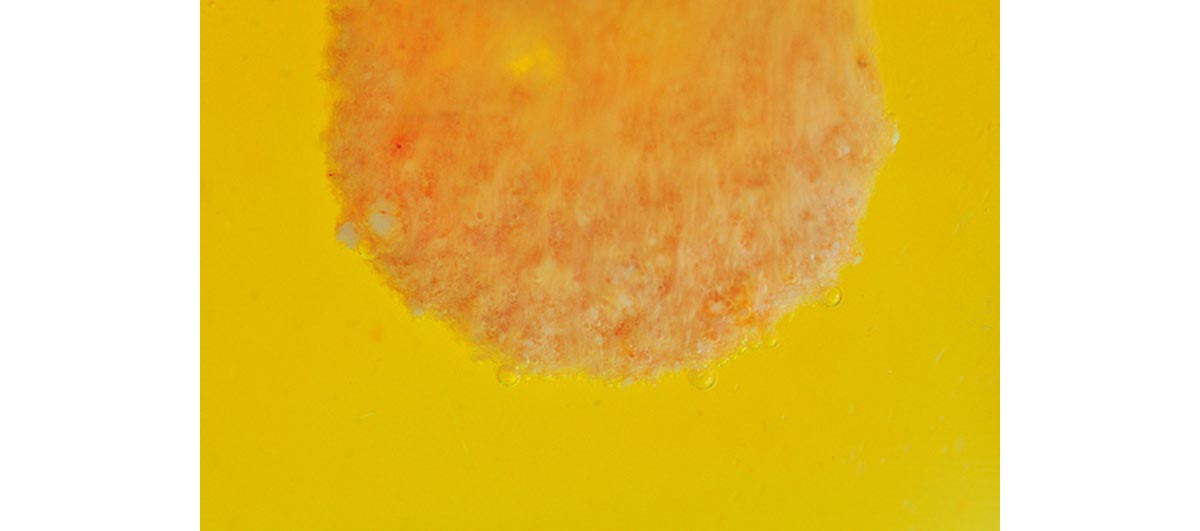If you're considering following a more natural, holistic lifestyle, and are looking for a zen diet system to go along with it, you've likely discovered the macrobiotic diet. In several stages, this diet becomes progressively minimal, finally ending with the highest level, simply brown rice and water. Though the modern version of the macrobiotic diet is far more lenient and sophisticated, it appears to be equally as challenging to follow.

The basic tenants behind the macrobiotic diet is to improve quality of life through wellness by maintaining a perfect balance. The balance is as much a part of lifestyle- activities, stress, fun, enjoyment, family, etc, as it is about what we eat. Food is categorized into yin and yang, and many foods are not permitted because they are considered problematic, too toxic or too stimulative.
Nutrient Deficiencies
This diet can become risky for many who jump into it because it means cutting off entire food groups. The diet mainly consists of whole grains and locally grown vegetables. Other naturally grown foods are also included, but it is almost entirely vegetarian. Nutrient deficiencies are common among people who are not taking the care to get all of the variety necessary in a healthy diet. Suddenly changing your diet completely makes it easy to miss things without realizing it right away.
Deficiencies can be problematic if left untreated for a long time. Normally, deficiencies are supplemented with vitamin and mineral supplements. Abnormally large dosages are used to boost the system, and bring levels back to normal while a person is recommended to consume more of the foods which contain the necessary nutrients. Unfortunately, supplements come in a pill form and are often synthetic, which goes against the macrobiotic diet.
Proteins
Proteins are easy to miss on a vegetarian diet, since they are found in the greatest abundance in meat and animal products. Proteins are the building blocks of our body's connective tissue and muscles. They are required to help maintain and restore these structures. Dairy products and meats are not permitted on the macrobiotic diet, and they are both high in protein. Also high in good quality protein is fish, poultry and eggs. If a person decides to follow a more strict version of the macrobiotic diet, all of these foods are restricted, and proteins will have to be found elsewhere.
Luckily, protein is not only available through animal products. Proteins are also found in many grains, including lentils and even rice. Different types of beans and beans also have enough protein to offer to support the muscles and bones. In addition, nuts yield a great amount of protein and healthy fats in small portions. Having a handful of your favorite local nuts can really have a great impact on your whole diet, and keep you within your daily protein needs.
Harmful Effects Of Macrobiotic Diet
The main harmful effects of the macrobiotic diet occur because the diet is unable to fulfill all of a persons nutritional needs. This causes a deficiency. Besides being deficient in protein, the macrobiotic diet, which is focused on grain and fiber consumption also lacks a few more essentials...

B Vitamins and Nerve damage
Vitamin B12 are important for nerve function. B12 is only found in animal sources such as eggs, meat and dairy products. The best and most effective source of B12 and other essential vitamins and minerals is liver. It helps to protect nerve cells and a diet which is B12 deficient may lead to some nerve damage if left untreated in the long term.
Unfortunately, there are no other sources for B12 than meat products.
Essential fats
Essential fatty acids may also get missed with this diet. Those include the omega-3 and omega-6 fatty acid chains which are essential for vitamin and mineral absorption, normal functioning of the brain and to help with building and maintaining cell structures. These acid chains cannot be metabolized in the body, and must come from an external source. On a vegetarian diet, this can easily get missed as it is found primarily in fish and eggs. Grains and veggies do not contain fats, but some nuts do.
Nuts will prove to be very important on this diet! Having a handful each day of mixed nuts will provide you with enough of your omega fatty acids for a day. Avoid salted and roasted nuts. The best nutrition will come from nuts in their raw form.
Claims and assumptions of the Macrobiotic diet
Though this diet can be followed in a very healthy way, it can also go awry if not followed in a healthy way. Experts believe that it is more important to first look after your health than to worry about balance your sweet and salty food intake. Following the spirit of the diet and lifestyle is far more healthy than following the letter of the law.
Because followers of this diet eat a lot of soy (which contains a chemical that fights and prevents against breast cancer), there is a claim made by supporters of the diet that the diet itself prevents cancer. However, this claim is not directly supported by research.
The macrobiotic diet is not bad, and even critics agree that this is a far healthier lifestyle compared to what the majority of North Americans eat. The best way to follow this diet and to be successful at it is to gradually become accustomed to it. Start by cutting out your processed foods. That includes all soft drinks, synthetic sweeteners and anything that comes packaged! This will be a challenge for most households as it is.
Give yourself 1 to 2 weeks, then make a new change, give it a week, and so on. This will make it easier to create a long-term lifestyle change.
- “Problems with the Macrobiotic Diet”. By Owen Pearson. Accessed January 2013. Retrieved from: http://www.livestrong.com/article/259968-problems-with-the-macrobiotic-diet/
- www.macrobiotics.co.uk/articles/dilemma.htm

